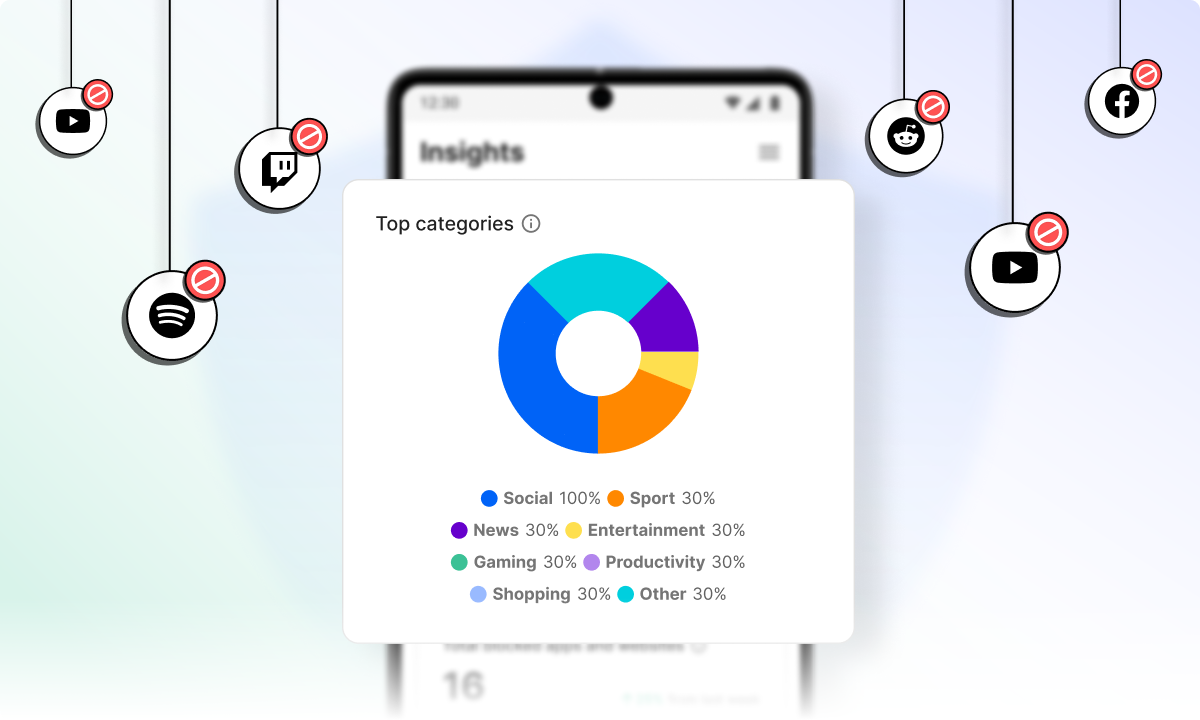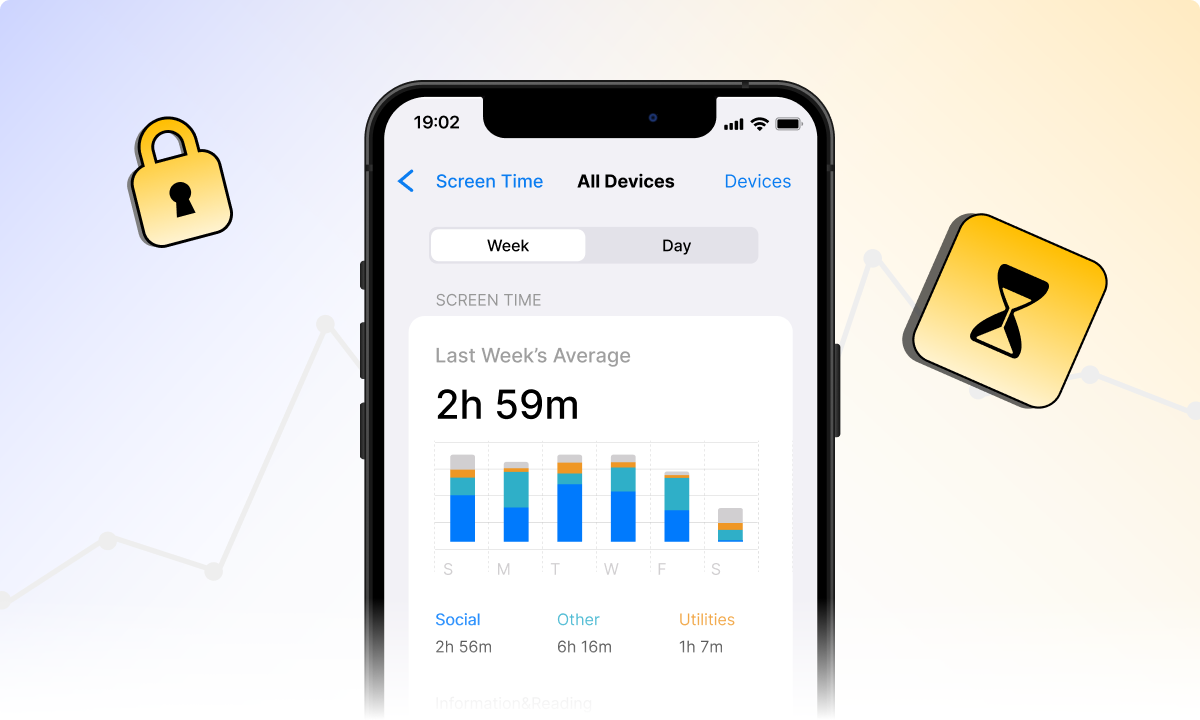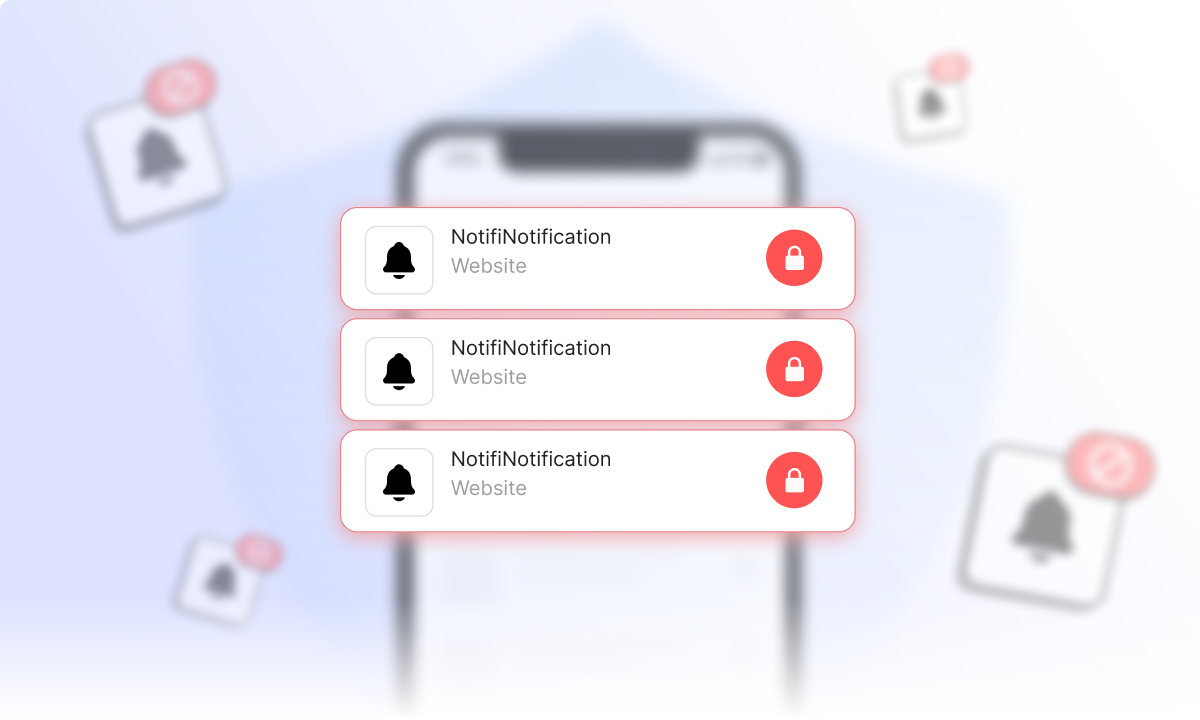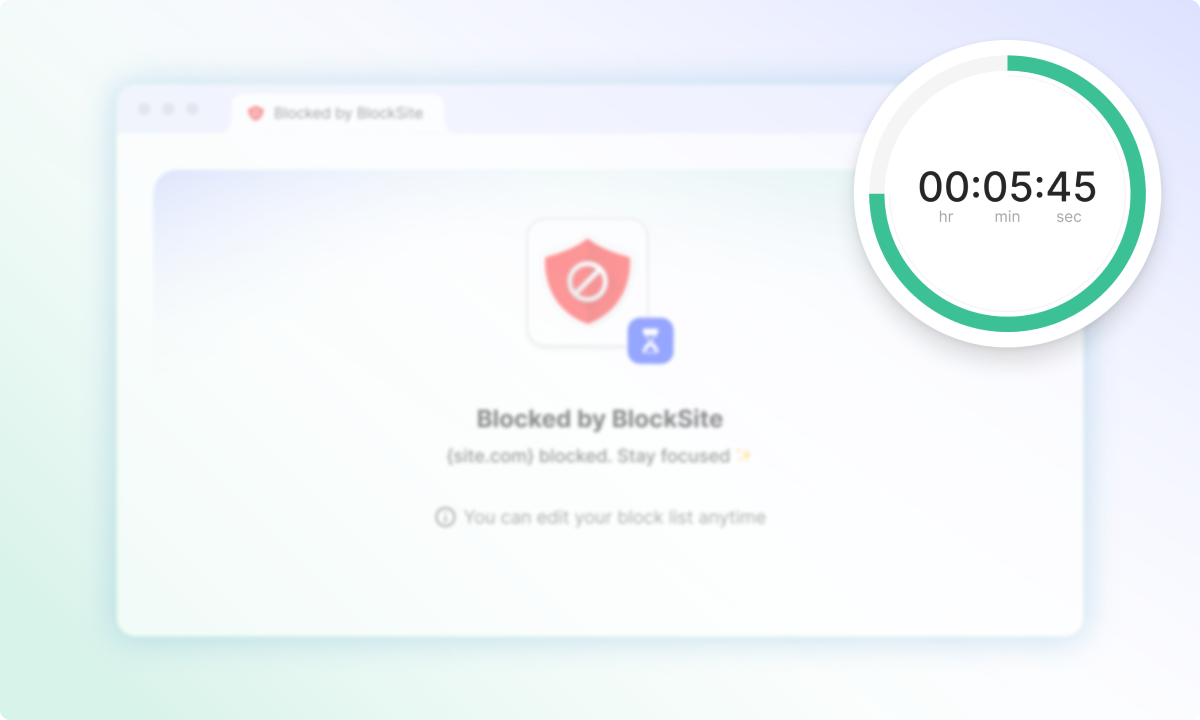Did you know that millions of people worldwide are struggling with online gambling addiction? This modern challenge often goes unnoticed, yet it impacts lives profoundly. Are you among those seeking freedom from this prevalent internet trap?
Online gambling addiction, often unnoticed, is a pervasive issue impacting millions globally. Unlike traditional gambling, its digital nature makes it less visible, yet its effects are equally devastating. This addiction transcends mere participation in gambling activities; it becomes an all-consuming obsession, significantly disrupting personal, professional, and financial aspects of life.
Gambling Addiction Statistics
| Statistic | Detail | Source |
| Prevalence | Approximately 1% of the U.S. adult population has a severe gambling problem. | National Council on Problem Gambling |
| Age Group Most Affected | Adults aged 18-24 are at the highest risk of developing a gambling addiction. | Responsible Gambling Council |
| Financial Impact | Problem gamblers may lose an average of $55,000 to $90,000. | Daily Trojan |
| Co-occurring Disorders | Nearly 96% of people with a gambling addiction have a co-occurring psychiatric condition. | The Maryland Center of Excellence on Problem Gambling |
| Mental Health Correlations | Approximately 76% of problem gamblers are likely to have a major depressive disorder. | American Academy of Family Physicians |
| Treatment and Recovery | Only about 10% of problem gamblers seek treatment for their addiction. | American Psychiatric Association |
What is Gambling Addiction?
Gambling addiction, also known as gambling disorder or compulsive gambling, is a serious behavioral condition characterized by an uncontrollable urge to gamble. This urge persists despite the awareness of harmful negative consequences or a desire to stop. It’s a complex issue that transcends mere participation in gambling activities; it becomes an obsession that dominates the gambler’s life.
At its core, gambling addiction is rooted in the brain’s reward system. Each win on a bet triggers a release of dopamine, a neurotransmitter associated with pleasure and reward. This biochemical rush is akin to what’s experienced in other forms of addiction, such as substance abuse. The gambler becomes conditioned to seek out this rewarding sensation, leading to repeated engagement in gambling behaviors.
The transition from casual gambling to addiction can be subtle and often goes unnoticed until significant problems arise. Unlike substance addiction, gambling addiction doesn’t have physical symptoms and is often referred to as a ‘hidden illness’. It’s not about the financial outcomes of gambling but the individual’s inability to control their impulse to gamble.
Signs of a Gambling Addiction
Recognizing the signs of gambling addiction early is critical for effective intervention and a successful recovery. Early detection not only facilitates timely action but also opens the door to more effective treatment strategies, enhancing the chances of overcoming the addiction.
Understanding and acknowledging these signs is the first essential step in seeking help and embarking on the path to recovery. This proactive approach can significantly improve outcomes and lay a solid foundation for regaining control over one’s life. Here are the key signs that indicate a potential gambling problem:
- Preoccupation with Gambling: This involves constant thoughts about gambling, such as reliving past gambling experiences, planning the next gambling venture, or devising ways to acquire money for gambling. This preoccupation often leads to a significant amount of time spent in planning, participating, or recovering from the effects of gambling.
- Inability to Stop or Control Gambling: One of the most telling signs is the repeated, unsuccessful efforts to stop, control, or cut back on gambling. This inability to cease gambling activities despite the desire to do so indicates a loss of control and is a hallmark of addiction.
- Restlessness or Irritability When Trying to Stop: Individuals often experience agitation or frustration when attempting to reduce or cease gambling activities. This restlessness is a withdrawal symptom, similar to what individuals experience with substance addiction.
- Chasing Losses: A common behavior among those with a gambling problem is the tendency to continue gambling to recover lost money. This often leads to a cycle of increasing losses and escalating financial problems.
- Gambling with Increasing Amounts: The need to bet more money to achieve the desired level of excitement is a sign of tolerance, another symptom common in addictions. Over time, more significant amounts of money are required to attain the same level of satisfaction or thrill.
- Risking Significant Relationships or Opportunities: Continuing to gamble despite the clear risk of losing important relationships, jobs, educational, or career opportunities is a sign of problem gambling. This often leads to strained or broken relationships and missed opportunities in various aspects of life.
- Relying on Others for Financial Bailouts: Turning to friends, family, or others for financial help after losing money through gambling is a common practice among those with a gambling problem. This behavior can lead to financial strain on relationships and further exacerbate the gambler’s financial situation.
- Lying to Conceal the Extent of Gambling: Frequent lies to family members, therapists, or others to hide the extent of involvement with gambling is another red flag. This dishonesty is often an attempt to cover up the severity of the problem and can lead to a breakdown in trust within important relationships.
- Gambling as an Escape: Using gambling as a way to escape from problems or to relieve feelings of helplessness, guilt, anxiety, or depression is a sign that gambling has become a maladaptive coping mechanism.
- Jeopardizing or Losing Relationships or Jobs: The impact of gambling on relationships and employment is significant. Relationships and job opportunities are often jeopardized or lost due to gambling behaviors, highlighting the destructive nature of gambling addiction.
How to Stop Online Gambling? 12 Tips
1. Block Gambling Sites with BlockSite
Utilize BlockSite, a powerful tool that helps you block access to online sites and apps. By creating a digital barrier, it eliminates the temptation and accessibility of gambling platforms, supporting your recovery journey and helping you maintain focus on healthier activities.
Personalized Digital Barrier
- Create a custom list of gambling sites and apps to block.
- Tailor your digital environment to exclude tempting gambling platforms.

Easy Management of Block Lists
- Intuitive interface for adding or removing sites from your block list.
- Flexibility to update your list as your recovery needs evolve.

Elimination of Temptation and Accessibility
- Prevents direct access to online gambling sites and apps.
- Reduces the risk of impulsive gambling by removing triggers.

By leveraging these features, BlockSite becomes a powerful tool in your arsenal against online gambling addiction, providing a structured and supportive approach to overcoming this challenge.
Download our Android, iOS app or Chrome Extension today for free.
2. Understand Your Problem
Deeply analyze the underlying reasons for your gambling habit. Is it a search for excitement, an escape from stress, or a coping mechanism for deeper emotional issues? Understanding the root causes of your gambling behavior is crucial for developing effective strategies to overcome it. This self-awareness is the foundation of your recovery process.
3. Get Professional Help
Engage with therapists or counselors specializing in gambling addiction. These professionals provide tailored strategies and support systems, crucial for overcoming the complex challenges of gambling addiction. They can offer insights and techniques that you might not have considered, helping you to understand and combat your addiction more effectively.
4. Find Alternatives to Gambling
Replace gambling with healthier activities like sports, hobbies, or socializing. These activities provide positive engagement and reduce the time and mental space available for gambling. They can fulfill the need for excitement or relaxation that gambling used to provide, but in a healthy and productive way.
5. Set Goals
Establish specific, measurable, and achievable goals for reducing or stopping gambling. Having clear objectives provides a sense of direction and a framework for tracking progress. Celebrate each small victory along the way, as this will help maintain your motivation and commitment to change.
6. Financial Management
Take control of your finances by restructuring responsibilities and limiting access to funds. Consider budgeting tools or financial counseling to manage finances effectively, reducing the temptation to gamble. This might involve setting up automatic payments for bills, cutting up credit cards, or having a trusted family member manage your finances temporarily.
7. Mindfulness and Meditation
Incorporate mindfulness practices to manage urges and maintain mental balance. Regular meditation can enhance self-awareness and provide a calming effect, reducing the impulse to gamble. These practices help you stay grounded in the present moment, making it easier to resist cravings and impulsive behaviors.
8. Educate Yourself
Increase your knowledge about the negative impacts of gambling addiction. Reading books, articles, and engaging in educational programs can empower you with information and strategies for recovery. Understanding the consequences of gambling addiction on a personal, financial, and psychological level can reinforce your commitment to recovery.
9. Strengthen Your Support Network
Build a robust network of supportive friends and family. Having people who understand your struggles and can offer encouragement is invaluable in the journey to recovery. Consider joining support groups where you can share experiences and learn from others who are facing similar challenges.
10. Avoid Triggers
Identify and consciously steer clear of environments, situations, or emotional states that trigger your gambling urges. Awareness of these triggers is crucial for preventing relapses. This might mean avoiding certain social situations, practicing stress-reduction techniques, or finding new ways to cope with emotions that previously led you to gamble.
11. Seek Help from Organizations
For comprehensive support on gambling-related issues, numerous organizations offer various forms of assistance. Whether you need support, advice, or someone to talk to about your gambling habits, these services can be invaluable:
- GAMSTOP: This service allows you to self-exclude from all online gambling operators licensed in the UK simultaneously. It’s a significant step for those seeking to cut ties with online gambling platforms.
- GamCare: For face-to-face, online, or telephone counseling and support, GamCare is a go-to resource. They offer a confidential helpline for immediate assistance and guidance.
- Gambling Therapy: Operated by the charity group “Gordon Moody”, they provide different treatments and support globally. Their services are tailored to meet the diverse needs of individuals struggling with gambling addiction.
- Gamban: This tool enables you to block access to thousands of different gambling sites across all your devices. You can download it for free at Gamban or speak to an advisor for more personalized support.
- BeGambleAware: Offering help and support via phone, online, and forums, BeGambleAware is a comprehensive resource for those seeking assistance with gambling issues.
12. Celebrate Milestones
Recognize and celebrate each step forward in your recovery, no matter how small. Acknowledging progress reinforces positive behavior and motivates continued efforts towards overcoming gambling addiction. Set milestones and reward yourself for reaching them, whether it’s a week without gambling or successfully managing a trigger.
Charting a New Course: Overcoming Online Gambling Addiction
As we reach the conclusion of our exploration into overcoming online gambling addiction, it’s crucial to reflect on the journey ahead. The path to recovery, while challenging, is a journey filled with potential for personal growth and transformation. Embracing a brighter future begins with the acknowledgment that change is possible and within your reach.
Overcoming gambling addiction is more than just abstaining from placing bets; it’s about rediscovering yourself and rebuilding a life where gambling no longer holds power over your choices and emotions. It’s a journey of self-discovery, where you learn to find joy, excitement, and fulfillment in activities and relationships that contribute positively to your well-being. This process involves redefining your identity, moving away from the gambler persona, and embracing a new self-image that resonates with your true values and aspirations.
The strategies discussed, from using tools like BlockSite to engaging in mindfulness and seeking professional help, are your allies in this journey. They provide the structure and support needed to navigate the complexities of addiction recovery. Remember, each small step you take towards recovery is a significant stride towards a more empowered and fulfilling life.
It’s also important to recognize that recovery is not a linear process. There will be challenges and setbacks, but these are not signs of failure. Instead, they are opportunities for learning and growth. Each obstacle overcome is a testament to your strength and commitment to change.
As you move forward, carry with you the knowledge that you are not alone in this journey. There is a community of individuals who have walked this path and emerged stronger. Lean on your support network, share your experiences, and draw strength from others who understand your struggle.
FAQs
What exactly is online gambling addiction?
Online gambling addiction is a behavioral disorder where an individual compulsively engages in gambling activities over the internet, often leading to significant personal, professional, and financial consequences.
How can BlockSite assist in overcoming gambling addiction?
BlockSite is a tool that helps users block access to online gambling sites and apps, creating a digital barrier to prevent gambling temptations and support recovery efforts.
Where can I find professional help for gambling addiction?
Professional help is available through addiction counselors, therapists, and dedicated support groups for gambling addiction. You can find them via online directories, healthcare providers, or local community health centers.
What are some healthy alternatives to online gambling?
Engaging in hobbies, sports, social activities, or any interest that provides a healthy outlet for your energy and emotions can be effective alternatives to online gambling.
How do I set realistic goals for overcoming gambling addiction?
Start with small, achievable goals like reducing your gambling time, and gradually work towards more significant objectives like complete abstinence. Celebrate each milestone to maintain motivation.






